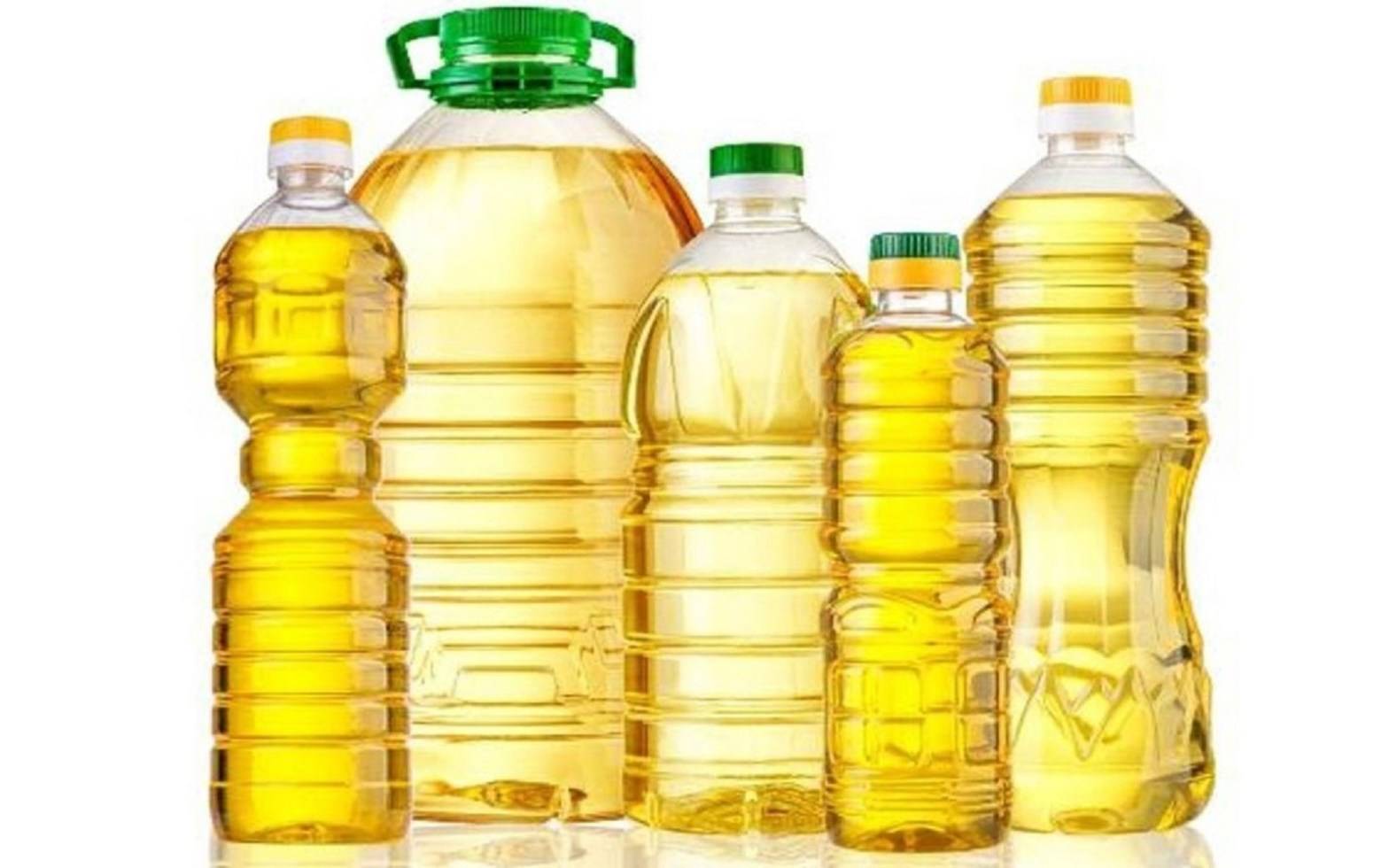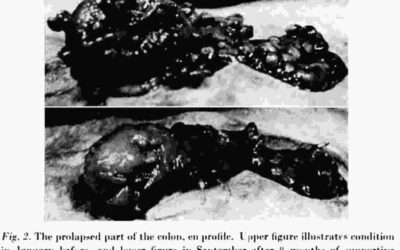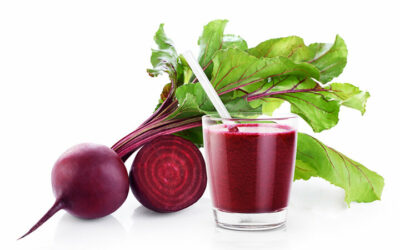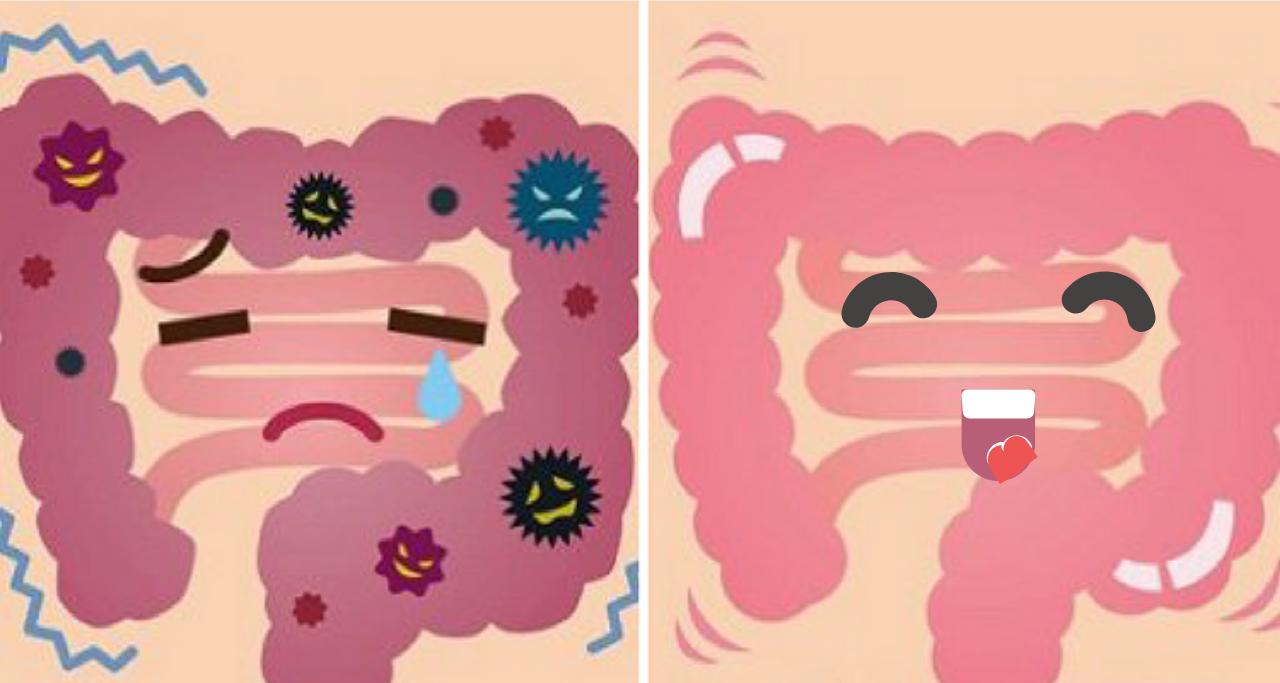Are vegetable oils dangerous?
We will see in this article that it depends on the manufacturing process and, it goes without saying, on the quality of the raw material.
We will not detail this last point, we will focus on the different extraction processes, which in some cases make vegetable oils extremely toxic.
Let’s define what is an oil / a fat
Fats or oils are a group of fatty acids.
Fatty acids are chains of carbon atoms with hydrogen atoms filling the available bonds.
The lipids in our food come from vegetable oils and animal fat.
Vegetable oils are extracted from the seeds or drupes of plants (sunflower, canola, apricot, coconuts, etc.), nuts (macadamia, walnuts, hazelnuts, etc.) or fruits (olives, avocados) .
What do the terms saturated, unsaturated and monounsaturated fatty acids mean?
These terms describe the number of hydrogen atoms in a fat molecule compared to the number of carbon atoms.
The more hydrogen a molecule contains, the more saturated it is. Saturated fat is generally solid at room temperature (animal fat, coconut oil, palm oil). The less hydrogen there is, the more liquid it is (canola oil, sunflower oil, etc.)
Polyunsaturated fatty acids

Polyunsaturated fatty acids have two pairs (or more) of double bonds and therefore lack four or more hydrogen atoms.
The two polyunsaturated fatty acids most commonly found in food are linoleic acid, with two double bonds, also called omega-6; and linolenic acid, with three double bonds – also called omega-3.
Your body cannot make these fatty acids, that is why they are called “essential”.
We need to get our essential fatty acids from the foods we eat. Polyunsaturated fatty acids have « folds » at the position of the double bond and therefore do not fit together easily. They are liquid, even refrigerated. Unpaired electrons at the double bonds make these oils very reactive. They go rancid easily, especially omega-3 linolenic acid, and should be treated with care. Polyunsaturated oils should never be heated or used for cooking. In nature, polyunsaturated fatty acids are usually found in the cis form, which means that the two hydrogen atoms at the double bond are on the same side.
Monounsaturated fatty acids

Monounsaturated fatty acids have only one double bond in their molecular structure.
Monounsaturated fatty acids have a double bond in the form of two carbon atoms bonded to each other and therefore lack two hydrogen atoms.
Your body makes monounsaturated fatty acids from saturated fatty acids.
Monounsaturated fatty acids have a « fold » or curvature at the position of the double bond, so they do not fit together as easily as saturates and, therefore, tend to be liquid at room temperature.
Like saturated fat, monounsaturated fats are relatively stable. They don’t get rancid easily but still more so than saturated fat.
The most commonly found monounsaturated fatty acid in our food is oleic acid, the main component of olive oil, as well as almond, pecan, cashew, peanut and avocado oils.
Saturated fatty acids

A fatty acid is saturated when all available carbon bonds are occupied by a hydrogen atom.
They are very stable because all carbon atom bonds are filled – or saturated – with hydrogen. This means they don’t go rancid, even when heated for cooking.
They are straight in shape and therefore fit together easily, so that they form a solid or semi-solid fat at room temperature.
Your body makes saturated fatty acids from carbohydrates and they are found in animal fats and tropical oils.
All fats and oils, whether of vegetable or animal origin, are a combination of saturated fatty acids, monounsaturated fatty acids and polyunsaturated fatty acids.
In general, animal fats such as butter, lard and tallow contain about 40-60% saturated fat and are solid at room temperature.
Vegetable oils from northern climates contain a majority of polyunsaturated fatty acids and are liquid at room temperature.
Vegetable oils of the tropics are very saturated.
Coconut oil, for example, is 92% saturated. These fats are liquid in the tropics but hard as butter in northern climates. Vegetable oils are more saturated in hot climates because the increased saturation helps maintain the stiffness of plant leaves.
Olive oil with its preponderance of oleic acid is the product of a temperate climate. It is liquid at hot temperatures but hardens when refrigerated.
THE EXTRACTION PROCESSES
There are 3 different extraction processes
- Cold press
- Hot press
- Chemical extraction (hot press + solvent)
Cold press is a mechanical process that has been used for thousands of years: the seeds or fruits are cold pressed to preserve the integrity of the oil. This process protects the oil from rancidity and keeps vitamins and fatty acids intact.
Cold press vegetable oils are therefore healthy for you, in small quantities, if they are consumed cold (don’t cook with these oils)
Hot press is also a mechanical process but instead of cold pressing the seeds / fruits, the seeds are heated to extract more oil. This process alters fatty acids and vitamins and makes the oils rancid.
The third process is chemical extraction. Most of the vegetable oils in the Americas are extracted this way because this process is much cheaper.
Some seeds like corn and soybeans are naturally very low in fat (one kernel of corn contains only 4% oil), which is why chemical extraction needs to be used.
The grains are crushed, cooked, pressed and then washed with a solvent. The solvent used is hexane, which is a neurotoxin.
To remove the toxic solvent, the mixture is heated at high temperature again, which makes the oil rancid and gives it a bad odor. The oil will therefore be deodorized and then discolored. Traces of the solvent remain in the oil, even after considerable refining.
Toxic preservatives like BHT and BHA are sometimes added.
Hydrogenated fats
Hydrogenation is the process that turns polyunsaturates, normally liquid at room temperature, into fats that are solid at room temperature—margarine and shortening.
To produce them, manufacturers begin with the cheapest oils—soy, corn, cottonseed or canola, already rancid from the extraction process—and mix them with tiny metal particles—usually nickel oxide. The oil with its nickel catalyst is then subjected to hydrogen gas in a high-pressure, high-temperature reactor.
Next, soap-like emulsifiers and starch are squeezed into the mixture to give it a better consistency; the oil is yet again subjected to high temperatures when it is steam-cleaned. This removes its unpleasant odor. Margarine’s natural color, an unappetizing grey, is removed by bleach. Dyes and strong flavors must then be added to make it resemble butter. Finally, the mixture is compressed and packaged in blocks or tubs and sold as a health food.
Partially hydrogenated margarines and shortenings are even worse for you than the highly refined vegetable oils from which they are made because of chemical changes that occur during the hydrogenation process.
Under high temperatures, the nickel catalyst causes the hydrogen atoms to change position on the fatty acid chain. Before hydrogenation, pairs of hydrogen atoms occur together on the chain, causing the chain to bend slightly and creating a concentration of electrons at the site of the double bond. This is called the cis formation, the configuration most commonly found in nature. With hydrogenation, one hydrogen atom of the pair is moved to the other side so that the molecule straightens. This is called the trans formation, rarely found in nature. Most of these man-made trans fats are toxins to the body, but unfortunately your digestive system does not recognize them as such. Instead of being eliminated, trans fats are incorporated into cell membranes as if they were cis fats—your cells actually become partially hydrogenated! Once in place, trans fatty acids with their misplaced hydrogen atoms wreak havoc in cell metabolism because chemical reactions can only take place when electrons in the cell membranes are in certain arrangements or patterns, which the hydrogenation process has disturbed.
The frying oils used in fast food chains and in many restaurants are hydrogenated fats, and therefore highly toxic.
In the past, McDonald’s used beef tallow to fry their fries. Tallow is an excellent fat for frying because it is stable at high temperatures and it does not denature.
THE DANGERS OF VEGETABLE OILS
As we have seen, oils extracted with heat and/or by chemical extraction, as well as hydrogenated oils, are highly toxic: these processes make the oils rancid, they create free radicals in the body, responsible for premature aging and chronic diseases.
On the contrary, vegetable oils that are extracted with a mechanical, cold-press process, are healthy: they are not rancid and most vitamins are preserved. Make sure you buy cold-press, organic oils.
Vegetable oils have this health aura while animal fats are said to increase the risk of heart disease by clogging your arteries. Crisco started this misinformation in the beginning of the 20th century. The company originally produced vegetable fats to make candles but they soon wanted to extend their market and proposed it for human consumption. To promote their hydrogenated cottonseed oil they claimed it was a healthier fat than lard and tallow, less smelly and more modern. The heavy advertisement worked very well and convinced americans that natural animal fats were unhealthy.
Vegetable oils, unlike animal fats, do not have cholesterol.
Cholesterol is essential for health: the membranes of our cells are made of cholesterol. Our hormonal system does not work without cholesterol, neither does our nervous system …
Cholesterol is a precursor of Vitamin D. No cholesterol, no vitamin D.
Cholesterol in the arteries has a healing function, it covers and protects the wounds, like a bandage. Blaming cholesterol for heart problems is like blaming ambulances for car crashes because they are seen at the scene of the crashes. Cholesterol is not the cause of the problem but the consequence.
Canola oil
Canola is a genetically modified plant created in Canada from the rapeseed plant. Rapeseed was very rich in erucic acid, that is very toxic (damages the liver, heart, kidneys). In the 1970’s, a hybrid version was created that had lower amounts of the toxin. They called it Canola for Canadian Oil Low Acid. The large majority of canola is now GMO to withstand the treatment of herbicides. Same for soybean oil, corn oil and cottonseed oil: they are GMO and heavily sprayed.
Initially, the Canola Council of Canada had problems getting GRAS (Generally Recognized as Safe) status by the US Food and Drug Administration in order to market their oil in the US but it was finally granted in 1985. It is rumored that the Canadian government spent $50 million to obtain it.
Since the mid 1990s, major publishers would not accept cookbooks unless they included canola in the recipes.
Canola oil is associated with fibrotic lesions of the heart. Furthermore, it seems to retard growth, which is why the FDA does not allow the use of canola oil in infant formula.
WHICH OILS / FATS TO CHOOSE?
The smoke point
The smoke point is used as a benchmark for the best cooking oils: the higher the smoke point, the more stable the oil and therefore the most suitable for cooking.
The more saturated fatty acids in the oil, the higher the smoke point.
The more polyunsaturated fatty acids it contains, the lower the smoke point.
Note that polyunsaturated vegetable oils with a high smoke point only have it because they are refined and are therefore already denatured and therefore toxic.
You cannot heat unrefined polyunsaturated oil / fat to a very high temperature without denaturing it.
Oils for cooking and oils for seasoning
The best fats for cooking are animal fats (lard, tallow, butter, ghee, duck or goose fat) which are very stable and perfect for deep frying.
Humans have always consumed animal fats. Our bodies have evolved with these fats.
As for vegetable fats, the most stable are those high in saturated fat: coconut oil, palm oil (unrefined), cocoa butter … they are excellent for cooking.
Olive oil is high in monounsaturated fats which makes it more stable than polyunsaturated oils, but its tolerance to heat is limited. It is better to consume it cold, as a salad dressing for example.
If you buy liquid vegetable oils, make sure they are cold-press, unrefined, organic and do not use them for cooking. They should be stored in the refrigerator or in a cool, dark place in your home and consumed quickly.
Vitamin content of fats
The fat soluble vitamins are vitamins A, E, D and K.
Vegetable fats do not contain cholesterol (necessary for our cells), and do not contain vitamin A retinol (they only have provitamin A), vitamin D or vitamin K2.
They contain large amounts of vitamin E, but only if they are cold-press and unrefined.
Animal fats contain all the fat soluble vitamins A retinol, vitamin E (in lesser amounts than vegetable oils), D and K2 (K1 in smaller amounts than in plants).
It is essential to include animal fat in your diet and not rely only on vegetable oils for your lipid intake, otherwise you run the risk of significant deficiencies in vitamins A, D and K2.
Consume a majority of saturated fat
The diet should contain a greater proportion of saturated fat than polyunsaturated fat: a study has shown that a diet high in saturated fat allows the body to more efficiently convert omega 3 ALA into EPA and DHA which are the usable forms . The conversion is reduced by 40 to 50% if the diet is high in omega 6 and low in saturated fat.
CONCLUSION
You should choose saturated fats as the main intake of fats in your diet, particularly animal fats, for their vitamins and for their stability for cooking.
Polyunsaturated and monoinsaturated vegetable oils are healthy in small amounts, if they are cold-press, organic and unrefined. They should not be used for cooking.
When you buy an oil, if the extraction process is not indicated on the bottle, it is because it was not cold extracted. The oil is therefore refined and toxic.
If you’re fighting an intestinal infection, the fatty acids in coconut oil have been shown to be effective against candida.
Ultimately, the best sources of vegetable fat are whole foods like olives, avocados, coconut, soaked or sprouted seeds and nuts.
Eating raw, unprocessed foods is always the best option.
Sources:
https://www.westonaprice.org/health-topics/know-your-fats/the-skinny-on-fats/
https://www.westonaprice.org/health-topics/know-your-fats/the-great-con-ola/
https://bebrainfit.com/canola-oil-bad-brain/
https://reptox.cnesst.gouv.qc.ca/Pages/fiche-complete.aspx?no_produit=4077
http://www.nutritionnistes.be/huiles%20vegetales%20fabrication.htm
http://tpehuilecolza.pagesperso-orange.fr/partie%201.html
https://maisonorphee.com/pages/extraction-a-froid
https://chemistryscore.com/difference-between-saturated-unsaturated-and-polyunsaturated-fatty-acids/





